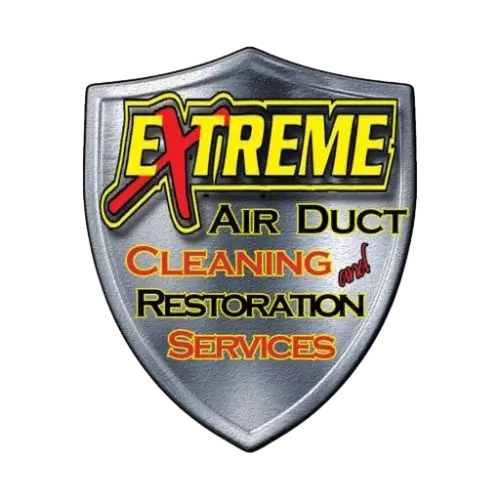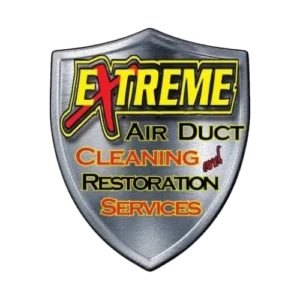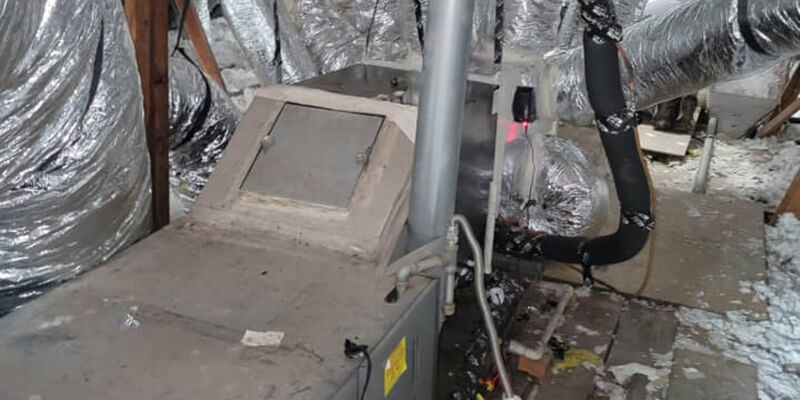Sealing your heating ducts can be an effective method to improve your existing heat system. If you have a home energy audit, the auditor will do a blower door test to evaluate the air leakage from your duct system. Do not permit anybody aside from a qualified expert to conduct this test in your house.
Usual leakage include: spaces around air registers and grilles, duct connections, floor joists and the heating or a/c device itself. Without a blower test, you can search for noticeable leakages and loose joints. Clean the surface before you seal them with duct mastic or foil tape.
Once your ducts are sealed, insulate them for even higher energy cost savings and comfort. Many duct insulation is fiberglass, made into versatile sheets coated with vinyl or foil to minimize moisture concerns. Install it with the vinyl or foil backing facing outward.
A filthy heater provides less air keep yours cleaned and get it tuned up regularly. Also make sure you call a professional for air duct cleaning service at least every 2 years.
One quick, reliable and generally affordable improvement is to alter your heating system filter. Stopped up filters reduce airflow, forcing your heating system to work harder. Severe clogging or obstructions over extended periods will trigger premature wear to your system. A lot of non reusable furnace filters should be replaced as soon as a month. Some of the more costly non reusable filters can be left in longer, however inspect them monthly to guarantee that light can still travel through. Nevertheless, change them a minimum of every three months. There are also washable, self-charging electrostatic filters that filter out really small bits. These can last for a few years, but should be washed a minimum of month-to-month.
Avoid heating uninsulated spaces such as a garage, crawlspace, attic or storage shed.
Close the fireplace chimney damper between fires to keep warm air in throughout the winter season and out during the summer.
Utilizing a ceiling fan can take some pressure of your heating system. Ceiling fans can affect indoor air temperature by approximately 10 % year round.


